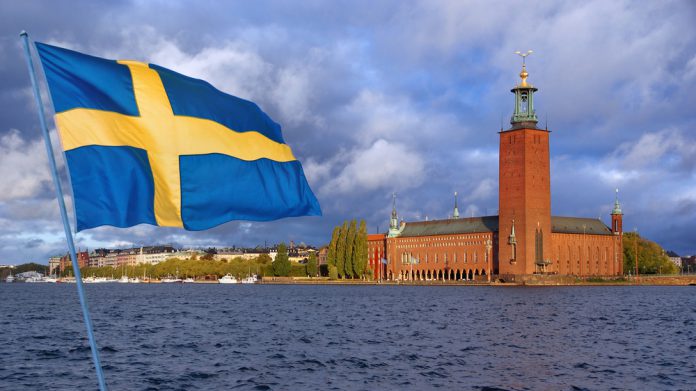Sweden’s Culture Committee has advised that additional measures should be introduced in a bid to ensure strong consumer protection and a long-term sustainable gaming market, with measures approved by the Riksdag, the country’s highest decision-making assembly.
However, despite recommending that issues such as B2B licensing and bans on the promotion of illegal offerings should proceed, proposals designed to moderate the marketing of games and end a current agreement with Finland have been rejected.
Commenting on this latest development, the country’s regulator, Spelinspektionen, said that “the Riksdag’s decision means, among other things, that more measures are introduced to exclude unlicensed gambling from the Swedish gambling market”.
One proposal recommended is that of licensing requirements for gaming software provider’s, a topic that has been much discussed and debated through the current year.
It is suggested that the changes to the law regarding B2B licensing would come into force on July 1, 2023, with the Committee noting that such certifications would be for a period of no more than five years.
It is added that the associated fee would fall between a minimum of SEK 5,000 and a maximum of 10 per cent of a business’ turnover in the immediately preceding financial year.
“The committee initially notes that there is a need to modernise the gambling regulations in light of, among other things, the rapid digital development and changed range of game forms,” it was reported.
“At the same time that gambling legislation is adapted to new circumstances on the gambling market, the legislation must be legal and clear. The consumer perspective must be clear. A starting point for the regulation is also that gambling should not increase.
“The committee therefore welcomes the bill’s proposal that a licence requirement for software be introduced into the Gaming Act with the aim of excluding unlicensed gaming. It is important to prevent unlicensed actors from operating in the Swedish market.”
MPs were required to vote on seventeen individual amendments put forward by the bill, to modify the Swedish gambling sector’s land-based, online and monopoly disciplines.
A belief was also shared that the previous government’s proposal for an adjusted requirement for moderation in marketing should be rejected.
This, the Committee said, would risk “eroding the regulated market” for licensed entities that have a licence, pay tax and maintain a high level of consumer protection and who, with an adjusted requirement, do not have the opportunity to market their products in further extension.
It was noted: “In addition, the Committee considers it too early to implement changes in the field of marketing as the practice has just been established.
“The Committee believes that the more detailed meaning of the moderation requirement should continue to be developed through practice and suggests that the Riksdag reject the bill’s proposal in this part.”
The Riksdag has also announced its support for the division of Svenska Spel into two strictly separate companies, where the competitive form of gambling are in one group and the monopolistic forms of gambling in another.
In addition to noting that this has been recommended to government, it is added in the motion that “the state should sell the part of Svenska Spel that operates on a competitive market.”
Elsewhere in the lengthy rundown of rulings, it was also suggested that a proposal to terminate an agreement with Finland regarding slot games on passenger ships in regular scheduled traffic between the country’s should also be ruled out.
“The current agreement between Sweden and Finland on slot machines works well, and the government is not proposing any new legislation to replace the agreement,” the Committee reasoned.
“If the agreement is torn up, it could lead to big problems for gaming operators and shipping companies with requirements that will be very difficult to comply with in practice, which could also hit players and consumer protection.”













